
Sleep and Mental Health
When we don’t have the energy to get out of bed, we may feel lonelier and more isolated. Stress can also exacerbate these problems. What is truly amazing is that, although rest is so crucial, is that humans often struggle with it so greatly. So what do we do when sleep alludes us? As most of us know, sometimes you just can’t fall asleep.

My Insurance is Changing - Help!
As many of us in the Champaign/Urbana community know, Health Alliance is closing its doors at the end of 2025. While this leaves many of us confused, surprised, and saddened, it also brings up a lot of questions for those of us who have Health Alliance insurance, and some general questions. What happens now? What insurance provider will I have? Will my medical providers be in network? What even is a deductible?

It’s Time to Stop Saying “I’m So OCD”
Social Media is a very common platform for self expression. This can be wonderful, but can also create some complicated views and experiences. A trend in social media is talking about mental health. Influencers on platforms like TikTok and Instagram will often talk about their own mental health diagnoses, what got them there, and what behaviors and challenges they have faced…Talking about these illnesses is extremely important. However, what is also happening is that people are misusing these terms.

5 to 9 Pressure: How to Reduce Stress While Off the Clock
The idea of making the most of your time can cause a lot of stress, anxiety, and even depression. Social media only serves to worsen this, as any social media feed is bound to be full of people “living their best life”. In reality, these posts are only the highlights, and do not show someone lounging in bed in their sweats after work, or eating over the sink so as not to dirty another plate. These posts do not depict the nights when someone might want to make plans, but might not have someone to call. Or the nights when someone has to attend an after school recital for their child, take their child to an appointment, or sit at the table trying to do homework with a frustrated child.
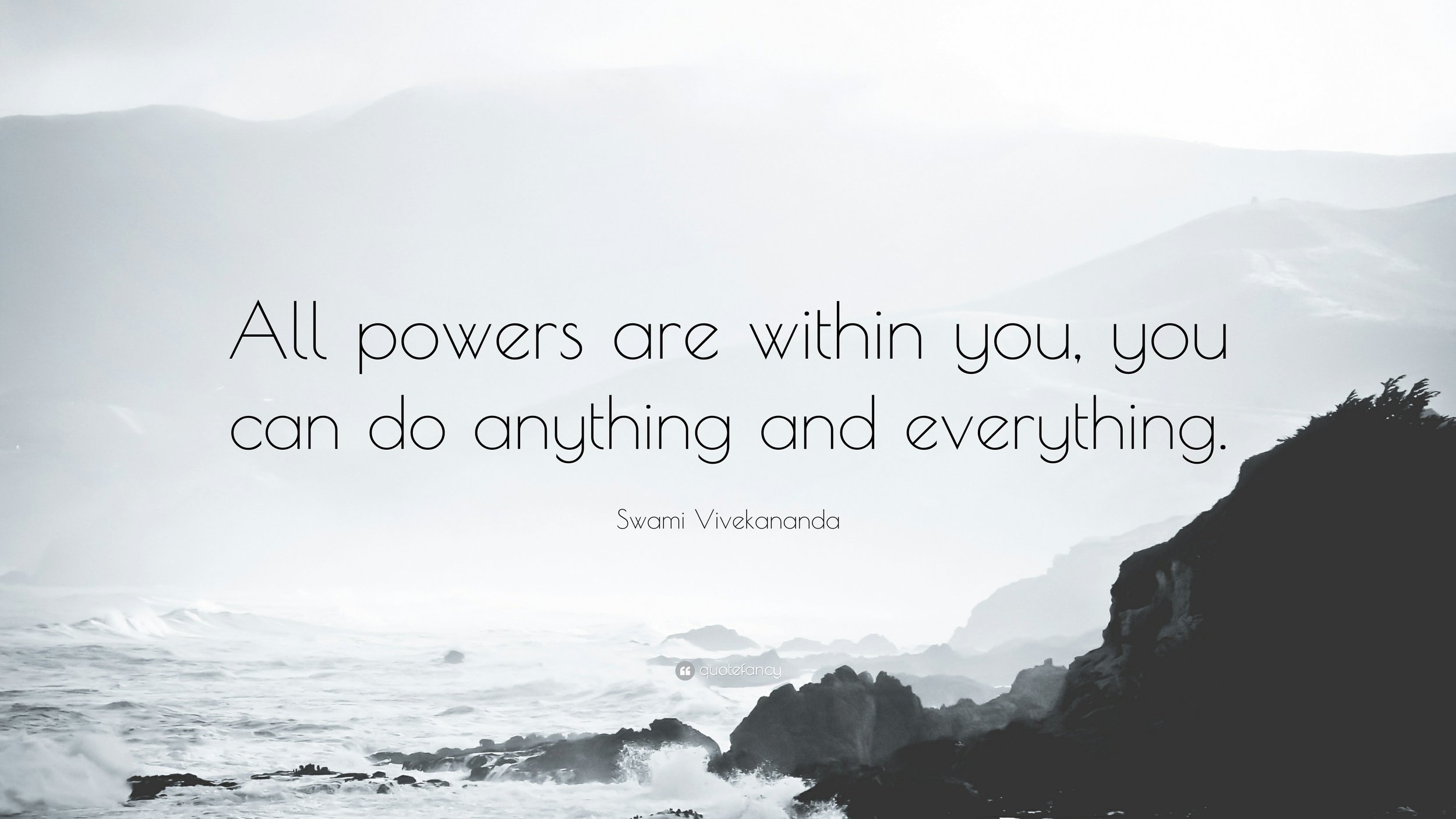
I’m Tired - Help!
Tired is a word that can mean so many things. We use this word to mean in need of sleep, finished exercising, or even annoyed with a situation (i.e. “I’m tired of this”). You can be multiple kinds of tired at once, and they often overlap. We can be emotionally, spiritually, or physically tired. When someone says that they are tired, the advice is usually to rest. However, rest can look different depending on what kind of tiredness you are experiencing. If you are resting for a kind of tiredness that you are not feeling, the feeling will not go away. Seems pretty straightforward!

Valentine’s Day Expectations
With relationships come expectations. Having a partner or dating more casually sometimes creates a need for certain types of celebrations or recognition of your relationship, either publicly or privately. With the amount of time we spend on social media, our feeds become nothing but photos of flowers, cards, and gifts that people have received from their Valentine and just cannot wait to show off. No matter if you are single, dating, engaged, married, uncertain, or none of the above, Valentine’s Day can create unnecessary stress and anxiety.
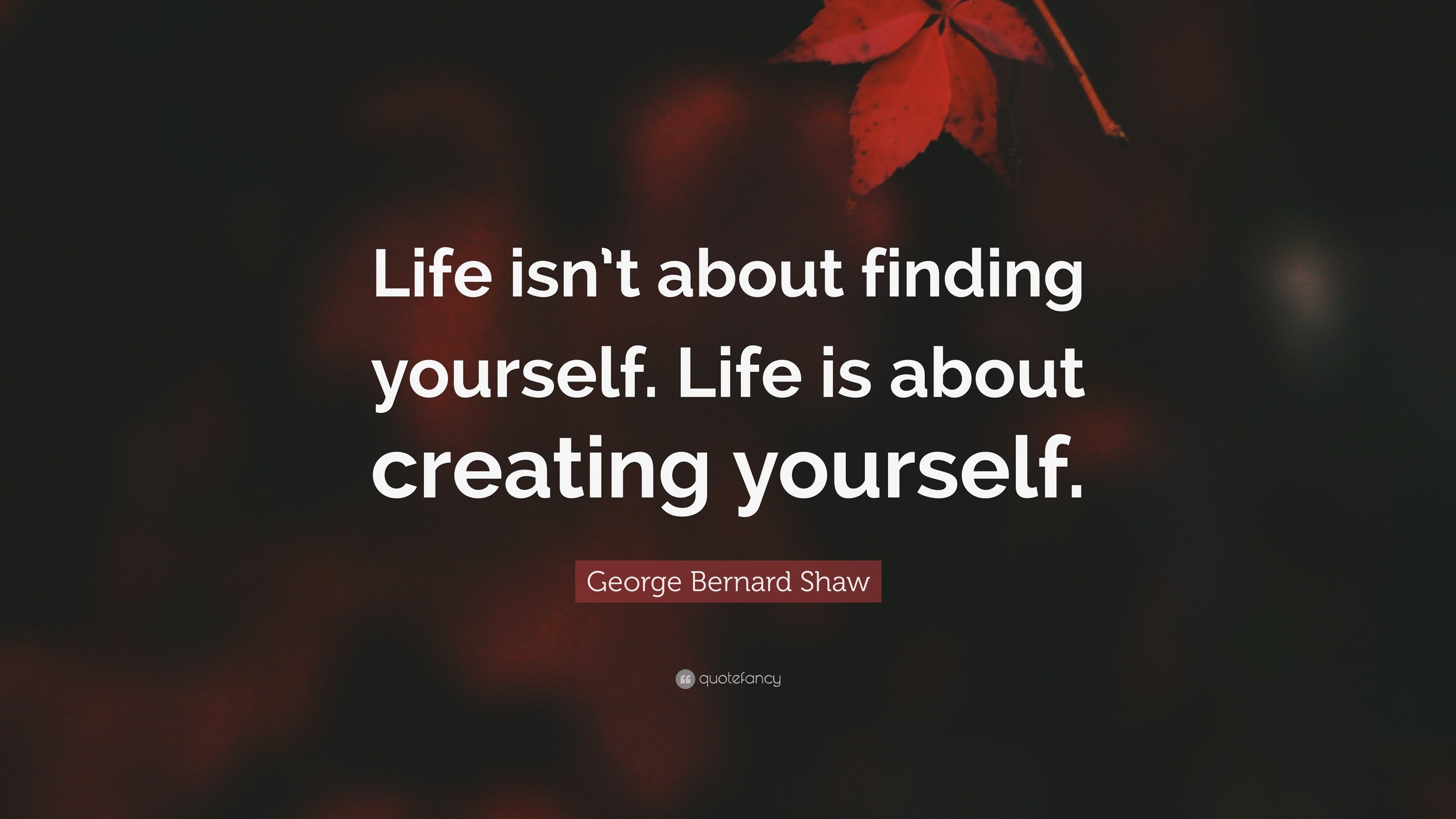
Can I Be Friends with My Therapist? The Importance of Healthy Therapeutic Boundaries
Therapy is a unique relationship. You share everything about yourself with your therapist, but they don’t share much, if anything, about themselves. Many therapists are open to answering certain questions about themselves or may share a little bit about themselves if it’s appropriate, but the relationship is not a friendship. Some therapists will not share any information about themselves with their clients, but this depends on the client, the therapist, and the relationship. A therapist’s goal is never to move away from the client's best interest, and talking about themselves can do that very quickly.
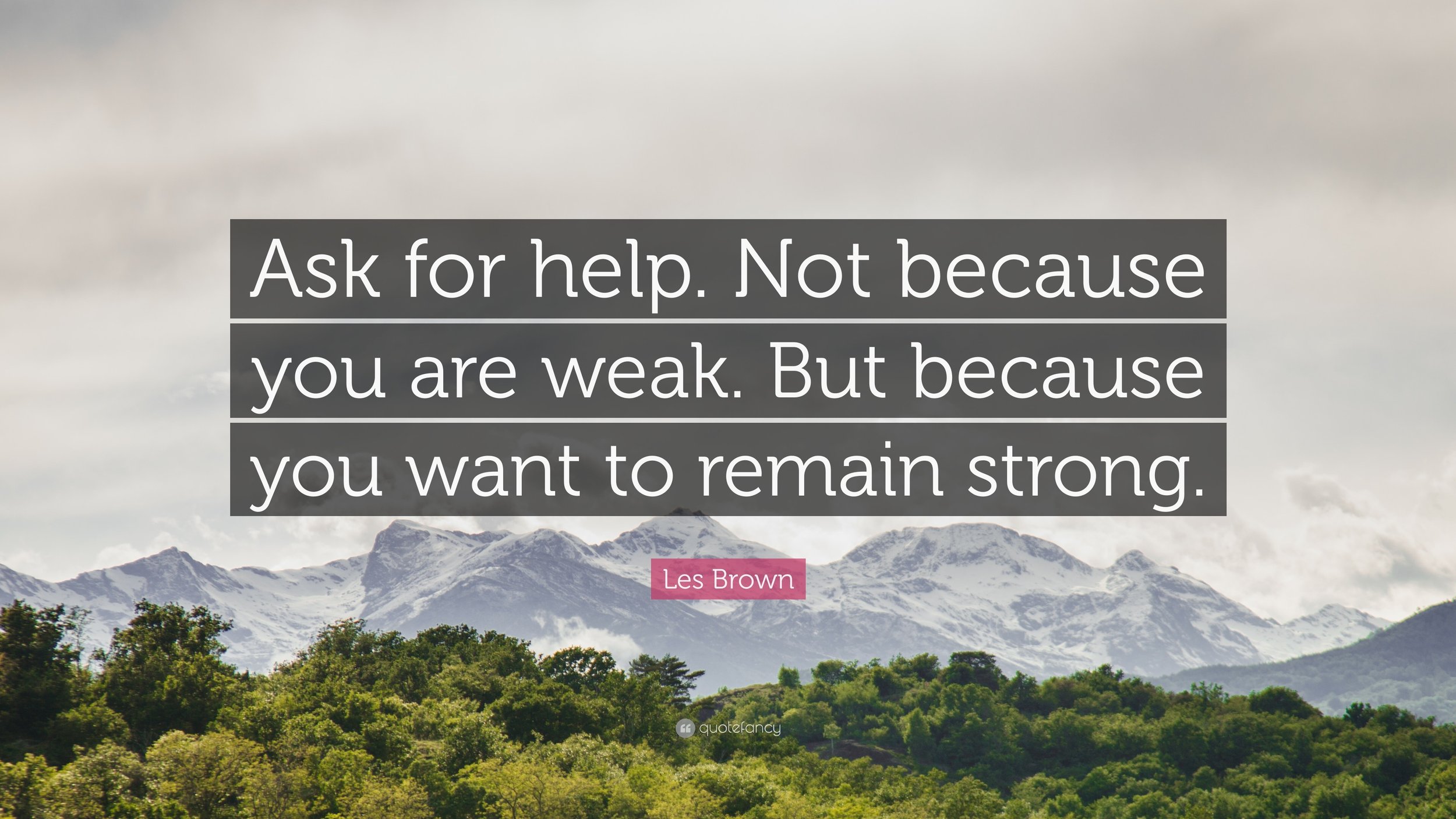
Finding Support in Challenging Times
Support is crucial to getting through challenging times, and not being able to express how we are doing can lead to further mental health problems. Reaching out for help is hard, and not everyone feels capable or ready to do that when they need help. If we are not really listening when we ask people how they are doing, we are perpetuating a dangerous cycle.
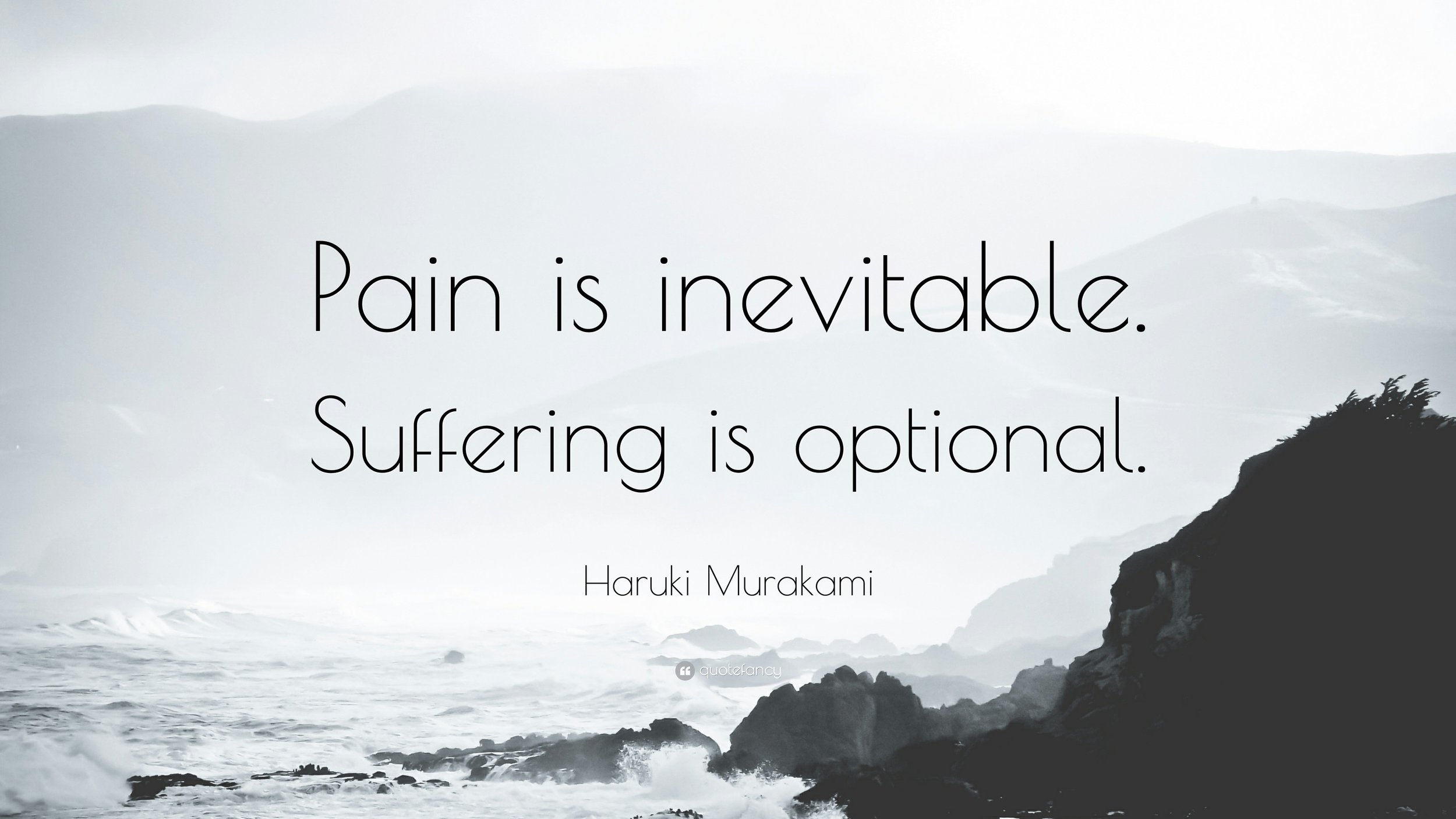
Your First Therapy Session
Therapy is a common recommendation when someone discusses stress, anxiety, depression, or relationship issues. As therapists, we love to see therapy being recognized as a valid treatment option, as well as normalized to reduce stigma. We love hearing people talk about their experiences in therapy on social media and in casual conversation. But what about those of us who have never been to therapy before? What is it like? How do we know it’s a good fit? Is every session like the first session? What is going to happen?
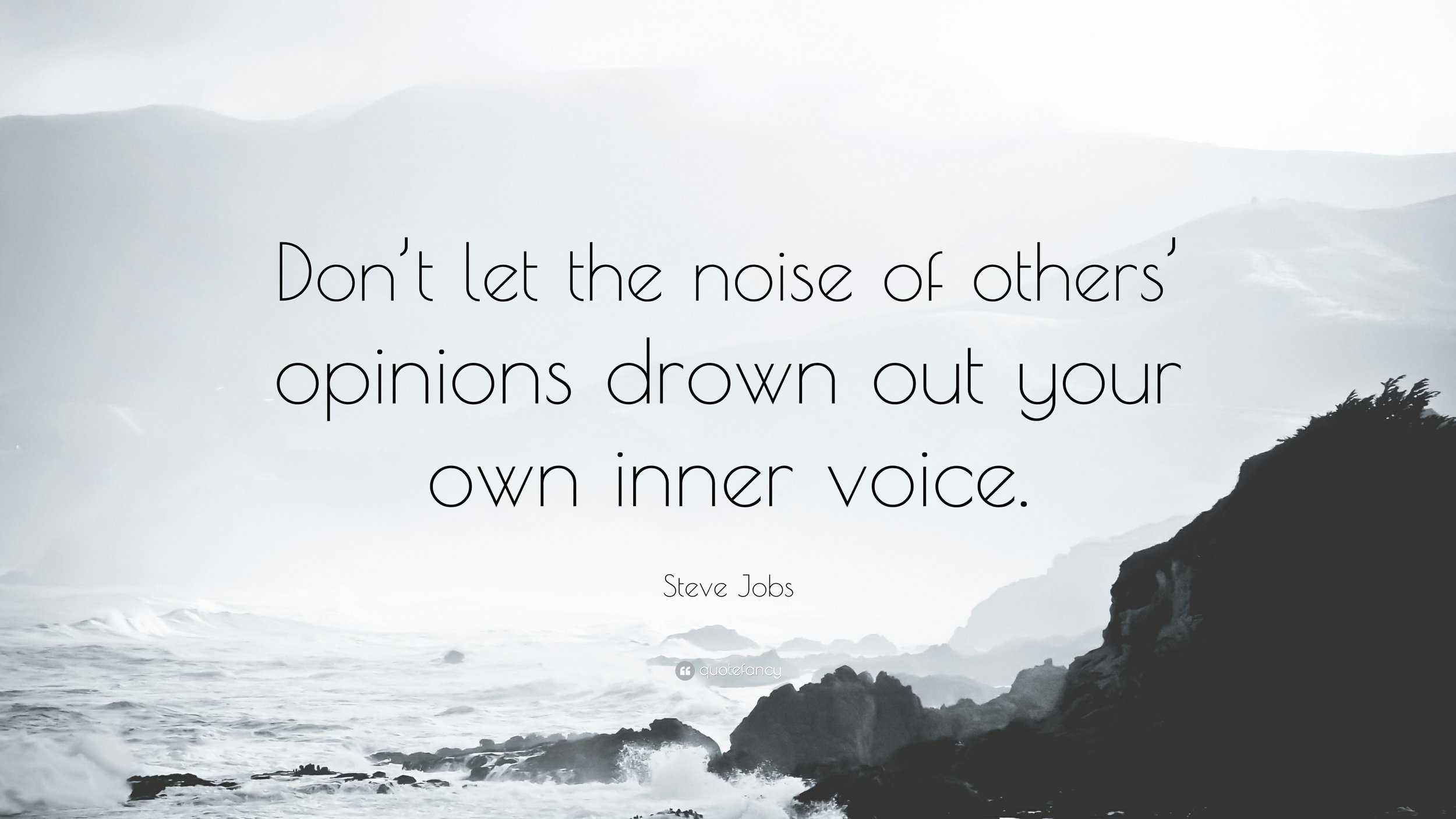
Introvert or Extrovert?
An introvert is someone who gets energy from alone time, while an extrovert is someone who gets energy from being around other people. While some introverts are shy and some extroverts are outgoing, some can be introverted and outgoing, or extroverted and shy. Someone who is extroverted will feel energized after social encounters, and more drained from alone time. An introvert may feel drained after a social encounter and need a few hours by themselves. An ambivert is a term used to describe someone who experiences both things- energy from being alone, and energy from being with others- depending on the scenario.
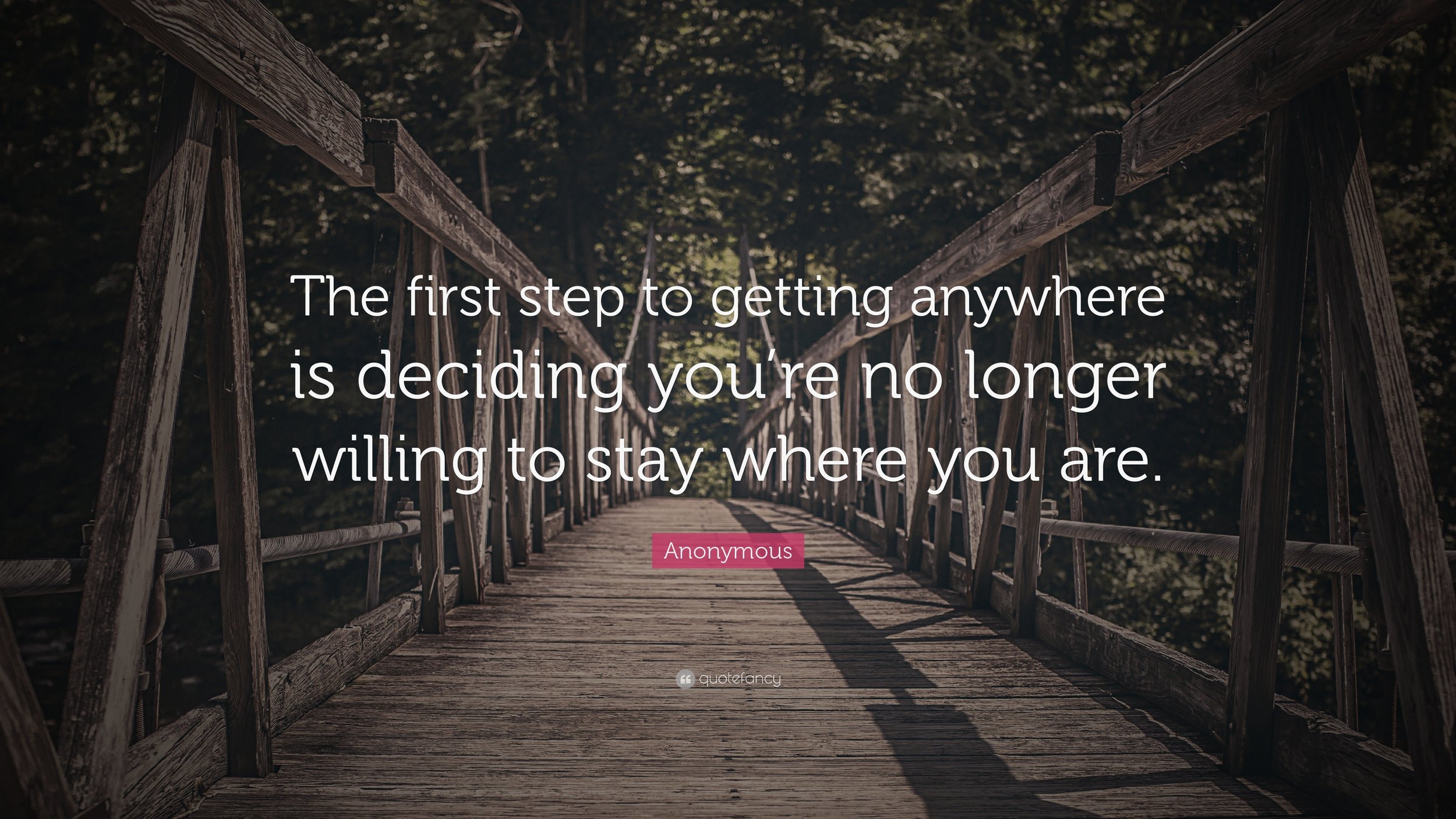
Is It Time to Break Up With Your Therapist?
Therapy is a relationship. In order to be effective, you need to feel connected to your therapist. So what happens when you no longer feel like your needs are getting met? Do you stop coming in? No show? Something many people don’t realize is that therapists do want you to be honest with them, especially if the relationship isn’t working.

Distraction - An Excellent Coping Skill
Sometimes, what we need a break from is our own thoughts or feelings. When our emotions feel overwhelming, they can also be harmful to our self-esteem, or, in more severe cases, to our physical or emotional safety. Positive distraction has a place in mental health, and, when used with other ways of coping, can be very healthy.

Anxiety - 5 Lesser Known Ways It Might be Affecting You
Anxiousness is part of the normal and healthy range of human emotion, and having a fear response is designed to keep us safe. It becomes a problem when it starts to affect your daily life, such as your health, relationships, work, or school.

Adults, Social Media, and Mental Health
While social media is not all good or all bad, fostering genuine connection and knowing the potentially adverse effects of using it can help to limit the damage that it can do.

Misophonia: When Sounds Are Too Much
Chances are, a lot of people that you know are struggling with Misophonia. Once you start talking about it, you may notice more people coming forward to say they struggle with it as well. While asking someone to tolerate a minor annoyance is reasonable, this is more than that. Have patience with yourself, and talk about it!

Is Therapy Right For You?
Anyone can benefit from therapy if they want to work on themselves. Therapy allows for a safe space to talk about feelings and experiences, and learn new ways to cope with stressful things in life. Recently, going to therapy seems to be something everyone is doing. In spite of this, there is still a stigma associated with getting any kind of treatment for mental health. So how do you know if therapy is the right move for you?

Tips to Manage a Mental Health Crisis
If you are feeling as though you are in crisis, either you are concerned that you are having thoughts of harming or killing yourself, or are feeling out of control emotionally, the most important thing you can do is to tell someone. This can be done over the phone or in person. If you don’t have a support person you can contact, call a crisis line. Having a therapist can help to develop long term ways of coping so that crises happen less frequently.
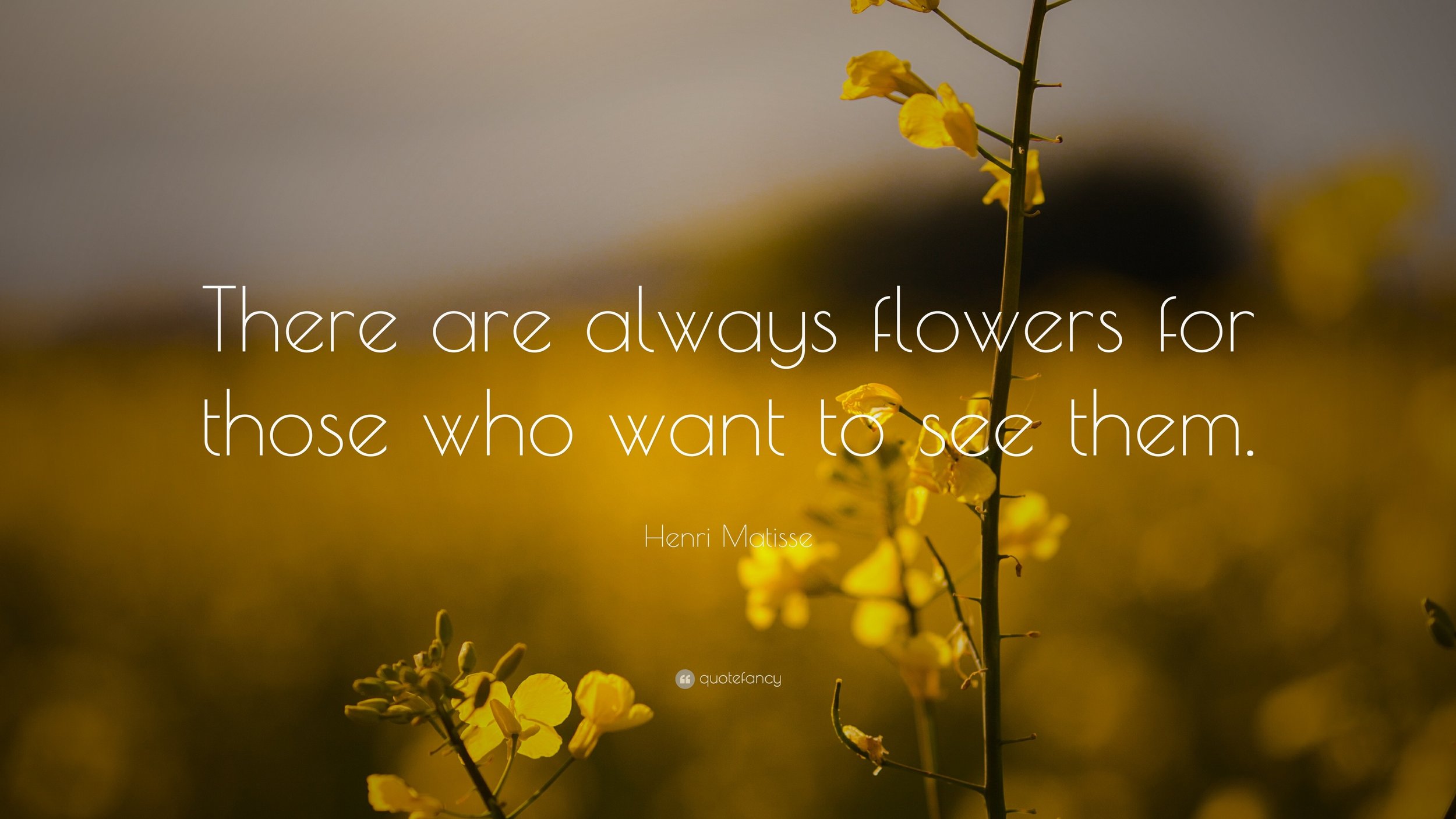
Navigating the Post-Holiday Blues
But what happens in January and February when the holidays are over? When we take down the decorations, have unwrapped all the gifts, and are faced with a normal work week and a fridge full of leftovers. How can you navigate the disappointment and comedown that often happens after a bustling holiday season, looked forward to all year long?

Battling Loneliness
Most people experience loneliness at some point in their lives. Loneliness can feel crippling, but its important to remember that others are seeking connection as well. Fear of rejection can contribute to loneliness and inhibit seeking of new relationships. Making friends in adulthood is hard.

The Sunday Scaries
Sunday evening can feel like time where you are just waiting for that inevitable moment when the weekend is over, but Sundays also have potential to be relaxing and fun.
